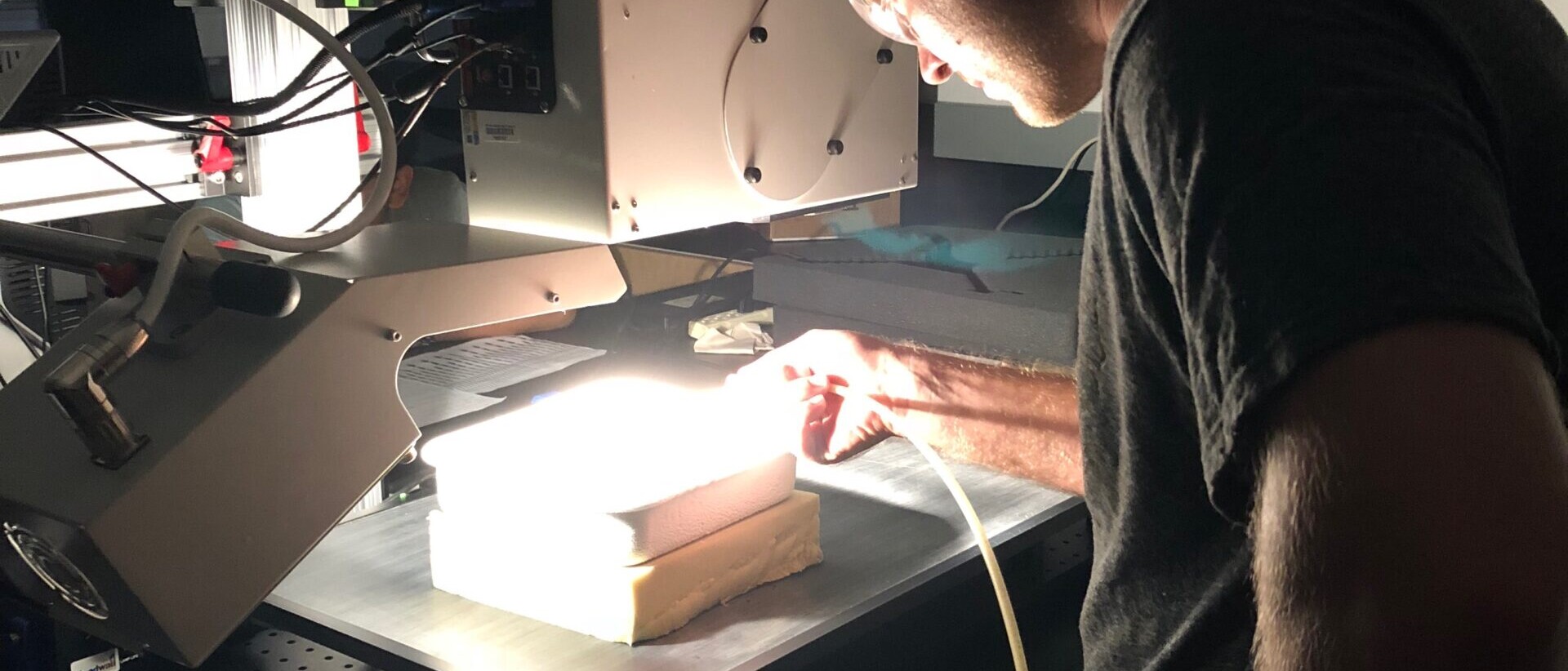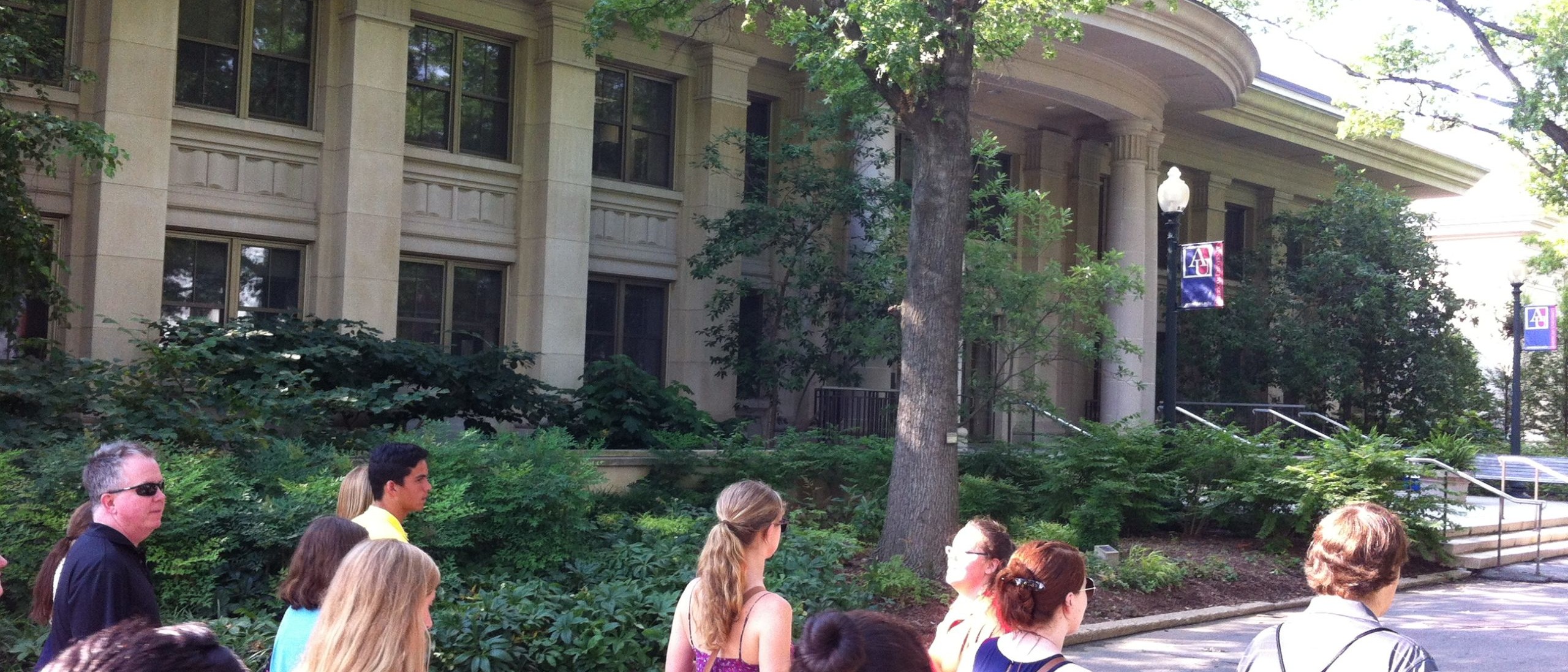Planning Your Summer with College in Mind
Are you a high school student (or the parent of one) who is wondering how best to spend your summer? What do colleges expect high school students to do during their school holidays? While summer is a great time to relax and recharge, it’s also an excellent opportunity for teenagers to show commitment, responsibility, passion, leadership and reflection – all characteristics that can really boost your chance of getting into a good college!
Summer Job
Having a summer job is a great way to get work experience and demonstrate commitment and responsibility. Colleges understand financial realities and are impressed by students who work, especially if they are saving money for college or helping to pay some of their own bills. According to an article by Jenny Anderson in Quartz magazine (6-19-16), “Any way you turn it, holding a job is one of the most important things an adolescent can do…. They have to get up in the morning, manage their time and money, pay taxes, and be responsible to a schedule that neither kid nor parent designed.”
See: Quartz “Teens should have summer jobs, the less glamorous the better”
(June 19, 2016)
Internship
Like a job, internships involve working for a company or organization, preferably one related to your career interests; but, unlike a job, they are often unpaid. Internships provide an opportunity to ‘test the waters’ and see if you really are interested in that career path. They also help students develop strong teamwork skills balanced with individual responsibility, build specific job skills, and network with people in their field of interest.
See: PrepScholar “Complete Guide to Internships for High School Students”
(December 4, 2015)
Volunteer Work
Volunteering is when you do unpaid work that benefits others. Ideally, you are doing work that you enjoy, that supports a cause you care about, and that allows you to explore a career interest. There are many places where you can volunteer locally, such as libraries, animal shelters, schools, community theatres, food pantries, or other local non-profits. My daughter, for example, volunteered at the Emergency Room of our local hospital, as a way to explore her interest in medicine. If you’re passionate about national or local politics, or environmental issues, get involved! Work for a candidate whose values best meet yours, learn about the issues that matter to you, to your community… read, write and talk about them.
See: OnlineSchools.org’s “Student Volunteering Guide”
See: PrepScholar “The 9 Best Places to Do Community Service” (September 21, 2015)
Summer Classes
Summer classes can be taken in a variety of ways, either through your high school, at a community college, through an academic program at a college, or even online. Take a course in something that really interests you, but is not offered in your school, or community. Did you know that you can take online courses from Harvard, MIT, Berkeley, the U of Texas and other great institutions online, for FREE, through www.edX.org? And there are many other similar options through other institutions, including and beyond www.khanacademy.org. If you need to stay on track with high school courses in order to prepare for college, see what’s available in summer school or at your local community college. If you are interested in pursuing theater, dance or visual arts, see what kinds of workshops are available both locally or as a residential program elsewhere. There are also many ‘pay to play’ opportunities on college campuses, where you study interesting subjects with students from around the world, while living on a college campus. While doing such a program will not improve your chances of admission at that college, it is a great opportunity to explore subjects not available at your high school, meet new people, demonstrate leadership, explore the college experience and expand the horizons of your world!
See: Forbes “College Summer Programs for High Schoolers: Are They Worth It?”
(July 1, 2015)
See: Fastweb! Summer Programs for High School Students (March 1, 2016)
Pursue Hobbies or Talents
Summer is the time to pursue hobbies and talents, informally or formally. Perhaps you want to cook your way through one of Julia Child’s legendary cookbooks! It could result in a great college application essay! Are you an athletic, hoping to pursue your sport in college? Summer is an opportunity to focus intensively on your sport, by training or attending camps. Maybe you love to sit around playing guitar, writing your own songs, singing… great! Work on them, polish them, record them, maybe even YouTube them!
See: Psychology Today “Six Reasons to Get a Hobby” (September 15, 2015)
Your summer activities are more important than you imagine… NOT because you can rack up an impressive list to report on your college applications of the activities you attended, participated in, witnessed or accomplished. More important is that you are exploring the things that really mean something to you, and you’re investing your energy in excelling in them! With many opportunities available, choose ones that interest you and will communicate your passion to colleges. Colleges want to see that you committed to activities that are meaningful to you, in which you displayed responsibility and leadership, and where you both affected and were affected by the people and community around you.
See: Huffington Post’s “What College Admissions Office Look for in Extracurricular Activities” (April 11, 2013)
And don’t forget – bagging groceries, flipping burgers, doing construction work or restoring trails will be at least as respected by admission officers as attending a 2-week campus-based program.
Finally, remember that summers are probably the best time for you and your family to make the effort to visit a range of campuses, so you don’t waste time or money applying to colleges where you won’t be happy. Do NOT leave campus visits until after you get admitted… visiting campuses demonstrates your interest in each college, and that effort can significantly affect the outcome of your application.
Don’t wait! Summer opportunities need to be lined up NOW!
Campus Visits
How to prepare for your visit?
- Timing: Search every school’s website, sooner rather than later, to see whether you have to sign up for a tour and an information session, and whether or not on-campus interviews are available.
- Preparation: The more you have researched a college before you arrive on campus, the more you will know what it is you need to know. If you walk away from a visit being able to say only that, “It is a good school,” “It is a pretty campus,” “They do research” or “They have a study abroad program,” then it has been a wasted opportunity. So arrive on campus ready to find answers to the questions you have prepared!
- Accommodation: Many colleges will have a section about local accommodations on their admission website – try to stay close to campus so you can spend the evening in the local neighborhood or even attend an event on campus. Keep in mind that winter weather in parts of the US can have a big impact on any travel plans!
- Directions: Print out a local map or use your phone for directions, since campuses are confusing hives of activity. Make note of public parking and bring along some quarters for parking meters!
What to do when you visit?
- Arrival: Leave time to find parking, sign in at the admission office, and pick up the business card of your regional representative.
- Interviews and classes: Check if a college offers on-campus interviews – these are mostly informational (to tell you about the college) and conducted by senior students, and fill up quickly. Check if you can attend a class (if school is in session), and observe the classroom dynamic.
- Admission session: As the centerpiece of a campus visit, the info session will usually be presented by an admission officer with the assistance of a student. More formal in approach, these events are helpful in describing the application and financial aid processes; in giving you an opportunity to listen to and learn from the questions of others; and in exposing you to both the platitudes that are the stock of the admission profession but also to deeper insights into what makes that college distinctive and a good fit for your own aspirations. Here are some questions to ponder:
-
- what is the relative acceptance rate for Early Applications and Regular Decision?
- is admission need-blind or need-aware?
- what proportion of students are local, and how many come from elsewhere in the US and the world?
- how will winning outside scholarships affect your financial aid package?
- when do you have to declare your major?
- how easy is it to switch between majors and programs?
- how extensive are the general education or core requirements?
- which are the most popular and the strongest majors offered?
- how extensive is the advising system?
- how extensive are the study abroad options and how many students participate?
- what are the interesting community service opportunities on and around campus?
- can non-arts majors make easy use of the school’s arts and theater resources?
- how long are you guaranteed housing on campus?
- how many students stay on campus over the weekends?
- how hard is it to get into the courses you want and the ones required for graduation?
- what is the graduation rate over four or six years?
- Campus tour: If the information session presents the formal face of the admission office, the campus tour will give you the perspective of an engaging and informative current student, share fun facts that an admission officer will not, and give you a brief taste of life on campus. You may want to ask the tour guide these types of questions:
-
- what they like most about their school, and like least?
- what they wish they had known when they first chose that college?
- what the classes are like, both in faculty-student interaction and size?
- whether they have ever been locked out of taking a class, and how they resolved it?
- whether the advising system has lived up to their expectations and met their needs?
- how often they meet with their professors outside of class?
- where students hang out on campus, and study?
- how important fraternities/sports/alcohol are to campus culture?
The role of Parents?
- College visits are tiring, but this may be the last extended time to spend with your child before s/he leaves for college. Enjoy it!
- Don’t feel compelled to give them harsh reality checks and put a damper on their dreams – the application process will do that very effectively!
- Don’t argue about seemingly ridiculous criticisms of every college you visit, but accept that their comments may in fact be a screen for another set of unspoken concerns and anxieties.
- Above all, enjoy their company and take pride in the fact that this is your reward for those Sunday nights gluing together a school project, the endless cupcakes you made for class events, the early mornings next to the ice rink, and the weekends spent alongside the soccer field!
Have a WONDERFUL time visiting some outstanding educational institutions, and carry that excitement with you into the application season!

